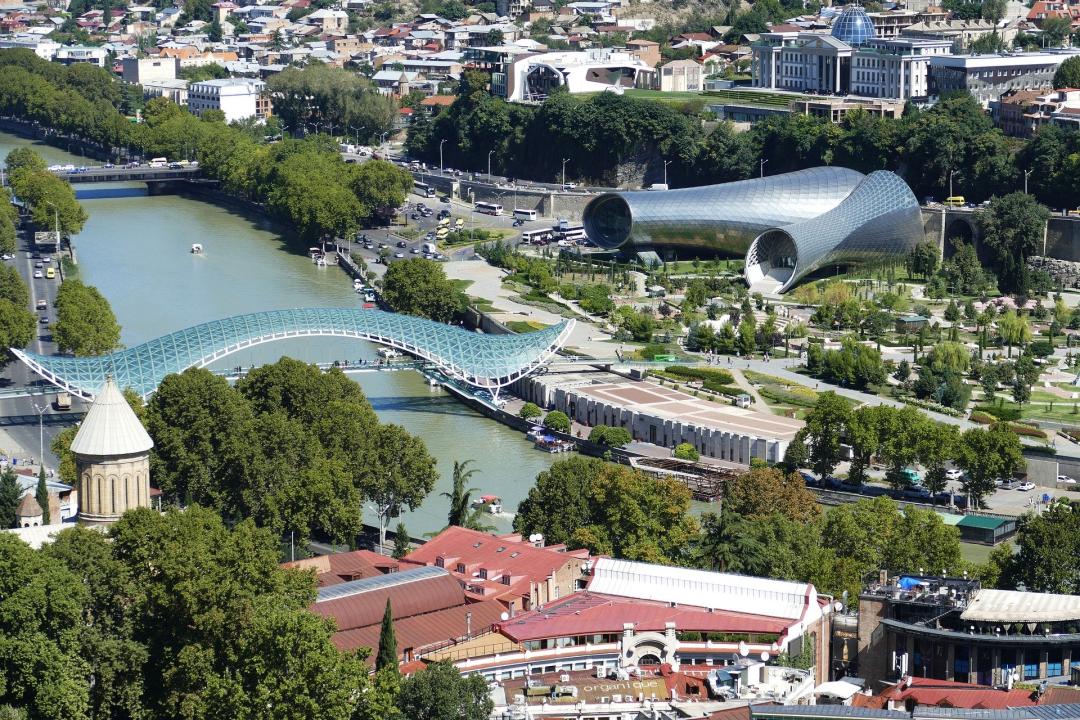
Georgia’s Crisis: Visa Bans, Constitutional Criticism, and Clergy Calls

On December 11, 35 Council of Europe (CoE) member states issued a statement at the CoE Committee of Ministers condemning police violence and declaring, “We stand with the Georgian people in support of their choice for a European future.”
The statement criticized Irakli Kobakhidze’s decision to reject EU financial aid until 2028 and to halt the opening of EU accession talks, describing it as a potential violation of Georgia’s Constitution. Meanwhile, the CoE Group of Friends for the Safety of Journalism and Media Freedom, representing 31 countries, urged Georgian authorities to end what they called “repression” against journalists and peaceful protesters. They condemned violence, intimidation, and restrictions on media freedom.
The Group of Friends called on the Georgian government to respect the rights to peaceful assembly and freedom of expression, ensure accountability for perpetrators of violence, and repeal laws that contradict Georgia’s international commitments. Among the criticized laws was the Foreign Agents Law, which the group argued increased state control over civil society and independent media. They also demanded that authorities end excessive use of force against peaceful demonstrators, including journalists, and take measures to guarantee their safety and uphold media freedom.
On December 12, Members of the European Parliament (MEPs), 35 CoE member states, the US Department of State, addressed the growing political crisis in Georgia.
During closed-door meetings on December 12, MEPs engaged with Georgia’s President, opposition coalitions, NGOs, and media representatives, emphasizing the need for free and fair elections. They also highlighted the importance of stronger EU involvement and advocated for a rerun of recent elections, which they deemed flawed. Throughout these discussions, MEPs reaffirmed their support for Georgia’s European aspirations.
That same day, the US Department of State announced new measures under its Visa Restriction Policy, barring visas for approximately 20 individuals, including government ministers, parliamentarians, law enforcement officials, and private citizens allegedly complicit in undermining democracy in Georgia. While the names of those affected were not disclosed, the State Department criticized the Georgian Dream party for “brutal and unjustified violence” against protesters, media, and opposition figures. Spokesperson Matthew Miller reaffirmed the US’s commitment to holding officials accountable, noting ongoing sanctions against more than 100 Georgian Dream-affiliated individuals and their families.
On December 13, Ilia II, the Patriarch of All Georgia, issued a statement calling for unity, peace, and the protection of Georgia’s sovereignty and statehood. While he did not directly address police violence or government repression, the Patriarch urged Georgians to avoid hatred, warning that “the sharp escalation of the situation poses a real threat” to statehood. He tied Georgia’s European aspirations to Christian and traditional values, echoing the rhetoric often used by the Georgian Dream party. The Patriarch called on citizens to pray daily at 1:00 p.m. for the nation’s prosperity and instructed clergy to ring church bells and hold a prayer service for the Blessed Virgin Mary.
See Also


Simonyan: “Armenia Should Trade with Turkey and Azerbaijan Instead of Closing Borders”

Mirzoyan Meets US Deputy Assistant Secretary Joshua Huck

Azerbaijani President Holds Talks with UAE and German Business Delegations on Economic Cooperation

Grigoryan Confirms Armenia’s Readiness to Dissolve OSCE Minsk Group Upon Peace Treaty Signing

